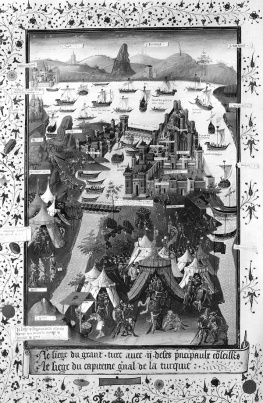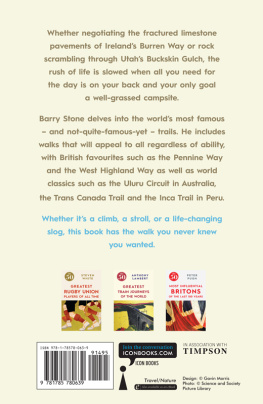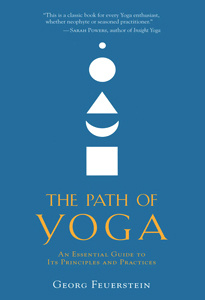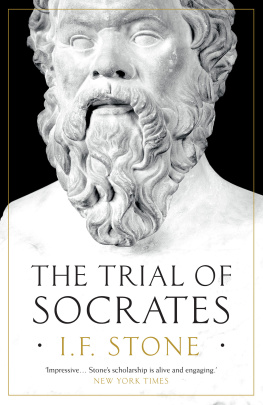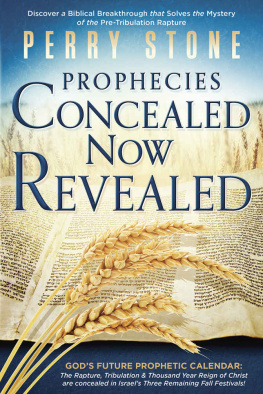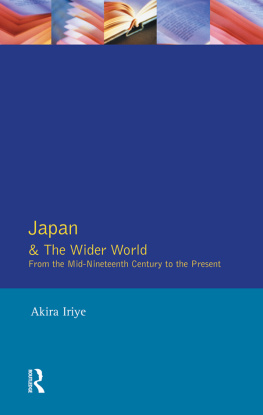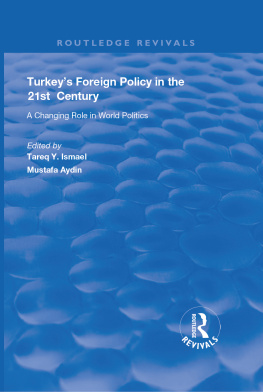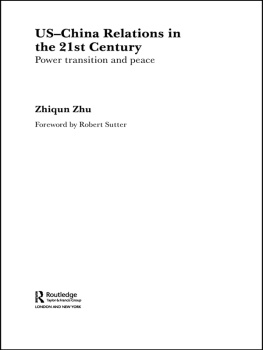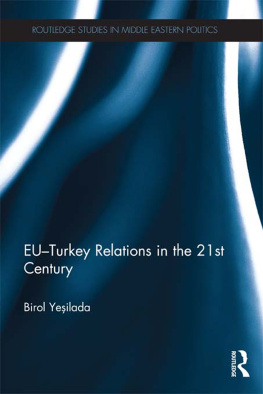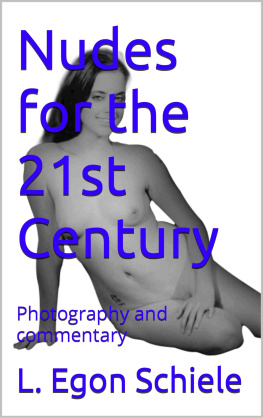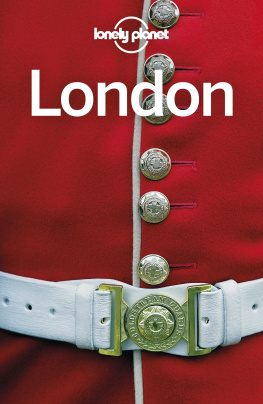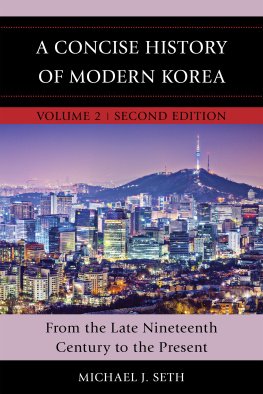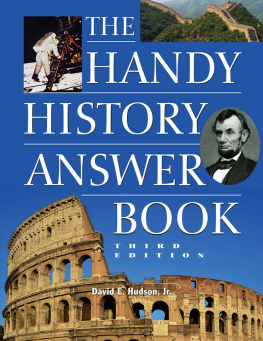Stone - Turkey: a short history
Here you can read online Stone - Turkey: a short history full text of the book (entire story) in english for free. Download pdf and epub, get meaning, cover and reviews about this ebook. City: London;Türkei;Turkey, year: 2014;2012, publisher: Thames & Hudson, genre: Religion. Description of the work, (preface) as well as reviews are available. Best literature library LitArk.com created for fans of good reading and offers a wide selection of genres:
Romance novel
Science fiction
Adventure
Detective
Science
History
Home and family
Prose
Art
Politics
Computer
Non-fiction
Religion
Business
Children
Humor
Choose a favorite category and find really read worthwhile books. Enjoy immersion in the world of imagination, feel the emotions of the characters or learn something new for yourself, make an fascinating discovery.
Turkey: a short history: summary, description and annotation
We offer to read an annotation, description, summary or preface (depends on what the author of the book "Turkey: a short history" wrote himself). If you haven't found the necessary information about the book — write in the comments, we will try to find it.
Turkey: a short history — read online for free the complete book (whole text) full work
Below is the text of the book, divided by pages. System saving the place of the last page read, allows you to conveniently read the book "Turkey: a short history" online for free, without having to search again every time where you left off. Put a bookmark, and you can go to the page where you finished reading at any time.
Font size:
Interval:
Bookmark:
Turkey
A SHORT HSTORY
Norman Stone

For Canon Ian sherwood,
Chaplain of the Crimean Memorial Church, Istanbul
 CONTENTS
CONTENTS 
Constantinople, capital city of the later Roman Empire, had a commanding position for the worlds trade, because it had the best natural harbour between Europe and Asia. As such, it became the capital of a successor-empire, the Ottoman, or Turkish, in 1453, and the citys commanding position is still very obvious. As I write this book, in a flat overlooking the Bosphorus, I can see up to a hundred ships passing through every day, some of them huge tankers or container ships from China, making their way to or from the Black Sea. Relics of Istanbuls imperial past are all around whether the Great Church of Christian Rome, the sixth-century Aya Sofya (Hagia Sophia), or the imposing mosques constructed by the Turkish Sultans.
The Ottoman Empire is a spectre haunting the modern world. It vanished from the map at the end of the First World War, and the vast area that it once controlled has seen one problem after another. From the fourteenth century onwards, it had expanded from a base in what is now north-western Turkey, and it became a world empire, stretching from the Atlantic coast of Morocco to the river Volga in Russia, and from the present Austro-Hungarian border to Yemen and even Ethiopia. In the eighteenth century the empire lost its primacy of the Black Sea and the Caucasus to Russia; in the nineteenth it lost the Balkans to nation states, of which Greece was the most prominent; in the twentieth, it lost Arab lands. The Balkans and the Middle East have presented problems to the world ever since then, and so, nowadays, there is a certain nostalgia for the Ottoman Empire.
The Englishman, Lawrence of Arabia, who had done much in 1916 to encourage an Arab revolt against the Turks foreigners called them that, though they themselves used the word only later looked at Iraq, as the British took it over in 1919, and wondered why the place had fallen into a murderous conflict of all against all: the British had an army of 100,000, complete with tanks, aircraft and poison gas, whereas the Turks had kept the peace in their three Iraqi provinces of Basra, Mosul and Baghdad with 14,000 locally raised men and only 200 executions per annum. The same remark might be passed about Palestine, where the British, after thirty years spent trying to get Jews and Arabs to agree, finally just threw in their hand and let the United Nations take over. The Balkans (or for that matter the Caucasus) show another version of the same conundrum. The Ottoman Empire had kept the peace, or at any rate had kept a lid on problems, and this compares quite well with, say, British India, which though a viceroy in 1904 thought that it would go on for ever lasted less than a century.
British India also ended in partition, resulting in the creation of Pakistan as an Islamic state. It in turn was partitioned, as Bangladesh split off, and the world will not entirely be taken by surprise if Pakistan itself also splits, according to developments in Afghanistan. This opens a central question as regards modern Turkey. The record of Islam in state building, in modern times, has not been unspotted. We do not need to go as far as a young Turkish historian of Central Asia, Hasan Ali Karasar, and say Islam, politics, economics: choose two, but the question is valid enough. The Ottoman Empire and the Turkish Republic that succeeded it in Anatolia would have to be given serious consideration in the answer. To what extent was the success of the Ottomans based on Islam, or would you read this the other way round, and just say that the Ottomans were successful when their Islam was not taken too seriously?
Republican Turks were adamant that religion had to be taken out of the state, and they regarded it as a tremendous impediment to development. When they set up the Republic in 1923, their model was France, where Church and State had been separated in 1905, and nuns had been expelled from convents at bayonet point. The Catholic Church had, on the whole, endorsed the persecution of the (wrongly) alleged Jewish spy, Alfred Dreyfus, and paid for this. But there was a long tradition of anti-clericalism in France, and stout Republicans argued that Catholicism was responsible for the countrys decline, and for the nation being overtaken by England and Germany. There were Italians and Spaniards who thought along the same lines. Nowadays, Turkey is seeking membership of the European Union and if there is a country for her to consider as fraternal, it would be Spain: world empire, with seven centuries of Islam in the background, and then nation state with military rule never far from the surface. Turkey did not have a civil war like Spains, but her experience in the First World War offers some dreadful parallels.
The makers of the Republic were hostile to the Ottoman inheritance, and in 1924 some hundred members of the dynasty were exiled abroad, with $ 2,000 each: the men were not allowed back until the 1970s. There is a line in Proust, to the effect that someone looks on history as would a newly born chicken at the bits of the eggshell from which it had been hatched. The Republicans had after all won the war of independence, the first real Turkish victory since the seventeenth century, and it had been a triumph born out of considerable adversity. The Sultan would have preferred to come to terms with the western Powers, and especially the British, as some sort of Aga Khan. The Republicans therefore repudiated him and his legacy. The Aya Sofya was turned into a museum, and the Islamists were ruthlessly bundled out of the university, to be replaced by a star cluster of refugees from Hitlers Germany, with which I have begun the book.
The Republic has been a considerable success, especially since 1980, when there was a military coup comparable with that of Pinochet in Chile, and as I write there are two world-class engineering projects going ahead. The first is tunnelling under the Bosphorus, which will bring fast trains from Ankara to Europe, in the manner of the Channel Tunnel. The second is greater still. Eastern Turkey has remained quite underdeveloped, except for odd areas. Now, large dams constructed over the biblical rivers, the Tigris and the Euphrates, are supplying not just irrigation and hydroelectricity, but something of a social revolution as well, because a new level of prosperity is lifting that (mainly Kurdish) area of Anatolia into a world altogether different from its neighbours to the east and south. However, the Republic has run into the problems that face all Enlightenments: the children eat the parents. The secularists have been displaced by Anatolians, often religious, and there has been much questioning as to the very identity of the Turks.
If you are Turkish, you have to ask what you owe to: (1) the ancient native Turkish tradition; (2) Persia; (3) Byzantium; (4) Islam; (5) what sort of Islam; and (6) conscious westernization. The none-too-happy saga of Turkeys application to join the European Union brings all this to the fore, and there has been another important change in the terms of the debate: that much of Turkey is now tolerably prosperous (in terms of economic weight, she is worth more than the ex-Communist member states of the European Union, and, again like Spain, has taken off economically). The early managers of the Republic were out-and-out westernizers, with an ideological basis in Turkish nationalism and a determination to remove from public life the influence of a religion that could easily be dismissed as obscurantist. But the matter is not at all simple. Prosperity spread, and lifted off sleepy provincial towns in Anatolia. Their politics being religious, Turkey is governed, and not too badly governed either, by a government that sometimes cites European Christian Democracy as its exemplar. This has caused much convulsion, and nowadays there is an extraordinary concern for history: even taxi drivers know quite a lot about it.
Next pageFont size:
Interval:
Bookmark:
Similar books «Turkey: a short history»
Look at similar books to Turkey: a short history. We have selected literature similar in name and meaning in the hope of providing readers with more options to find new, interesting, not yet read works.
Discussion, reviews of the book Turkey: a short history and just readers' own opinions. Leave your comments, write what you think about the work, its meaning or the main characters. Specify what exactly you liked and what you didn't like, and why you think so.

